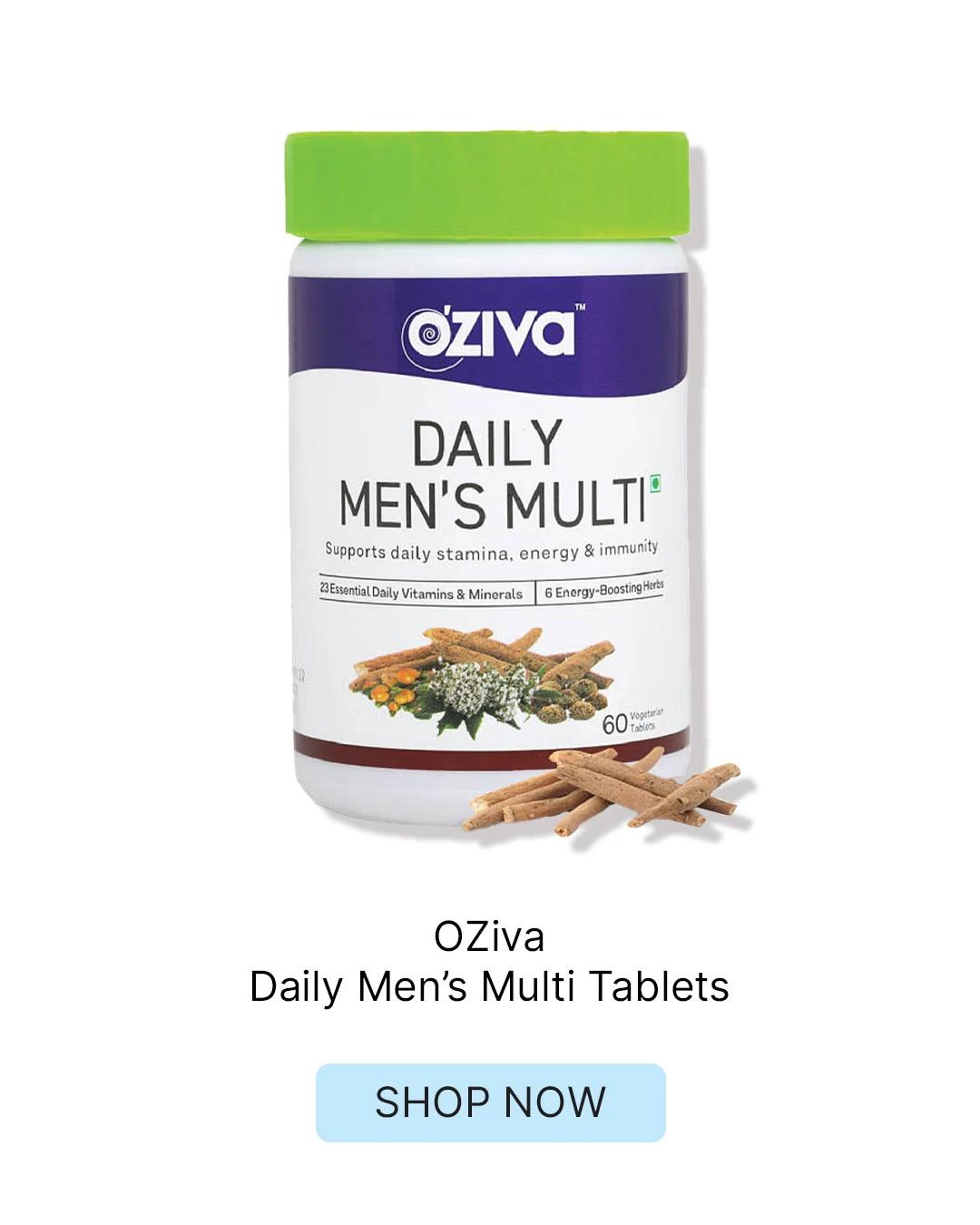gut-irritating additives like carrageenan, artificial colours, and excessive sodium can disrupt your bacterial balance in subtle but significant ways.
Strategies for Improving Gut Health
The good news? Your gut is surprisingly resilient and responsive to positive changes. Focus on incorporating prebiotic-rich foods that feed your beneficial bacteria—think garlic, onions, bananas, and asparagus. Probiotic foods like yoghurt, kefir, and fermented vegetables can help replenish good bacteria.
Fibre is your gut's best mate—it provides fuel for beneficial bacteria and helps maintain healthy digestion. Aim for a variety of plant foods to support bacterial diversity. Don't forget hydration either; your digestive system needs adequate water to function properly and maintain a healthy gut lining.
FAQs
What are the signs of an unhealthy gut?
Common signs include frequent bloating, irregular bowel movements, food intolerances, frequent infections, mood changes, skin problems, and constant fatigue. Your gut health affects your entire body, so symptoms can show up in unexpected ways.
How long does it take to improve gut health through diet?
You might notice some improvements within a few days to a week, but significant changes to your microbiome typically take 2-4 weeks of consistent dietary changes. Long-term healing can take several months, depending on your starting point.
Can stress impact gut health?
Absolutely. Chronic stress affects your gut-brain axis, altering gut bacteria composition and increasing inflammation. Stress can also slow digestion and increase gut permeability, making dietary changes less effective if stress isn't managed.
Are there any supplements that can help support gut health?
Probiotics, prebiotics, and digestive enzymes can be helpful, but food-first approaches are generally more effective. If you're considering supplements, it's worth consulting with a healthcare provider to find what works best for your specific needs.
Key Takeaways
Your gut health is too important to leave to chance, and knowing which foods to limit can make a massive difference in how you feel. These seven worst foods for gut health—processed foods, added sugars, artificial sweeteners, alcohol, fried foods, red and processed meats, and high FODMAP foods—are worth keeping on your radar.
The beauty of gut health is that small, consistent changes add up to big results. You don't have to eliminate everything at once, but being mindful of these gut disruptors can help you make choices that support your digestive wellness. Your microbiome is unique to you, so pay attention to how different foods make you feel and adjust accordingly. Your gut will thank you for it.
